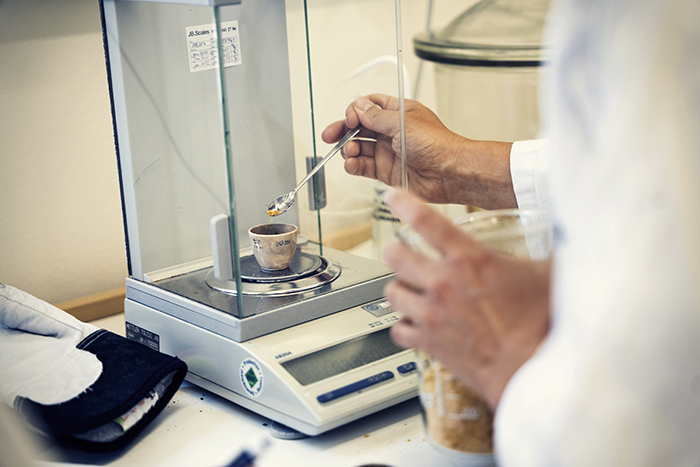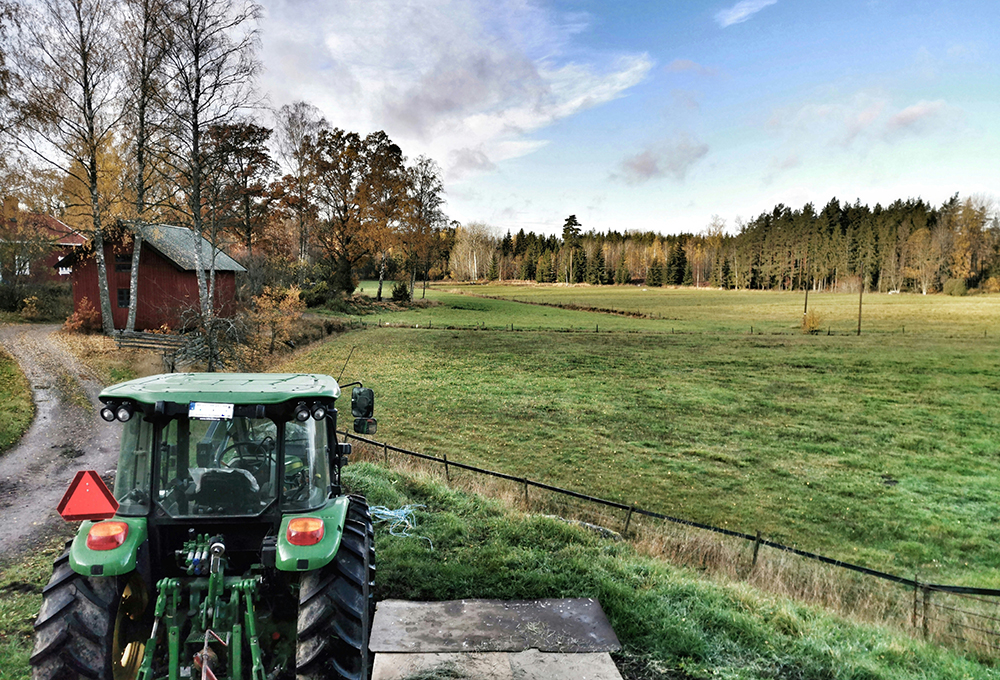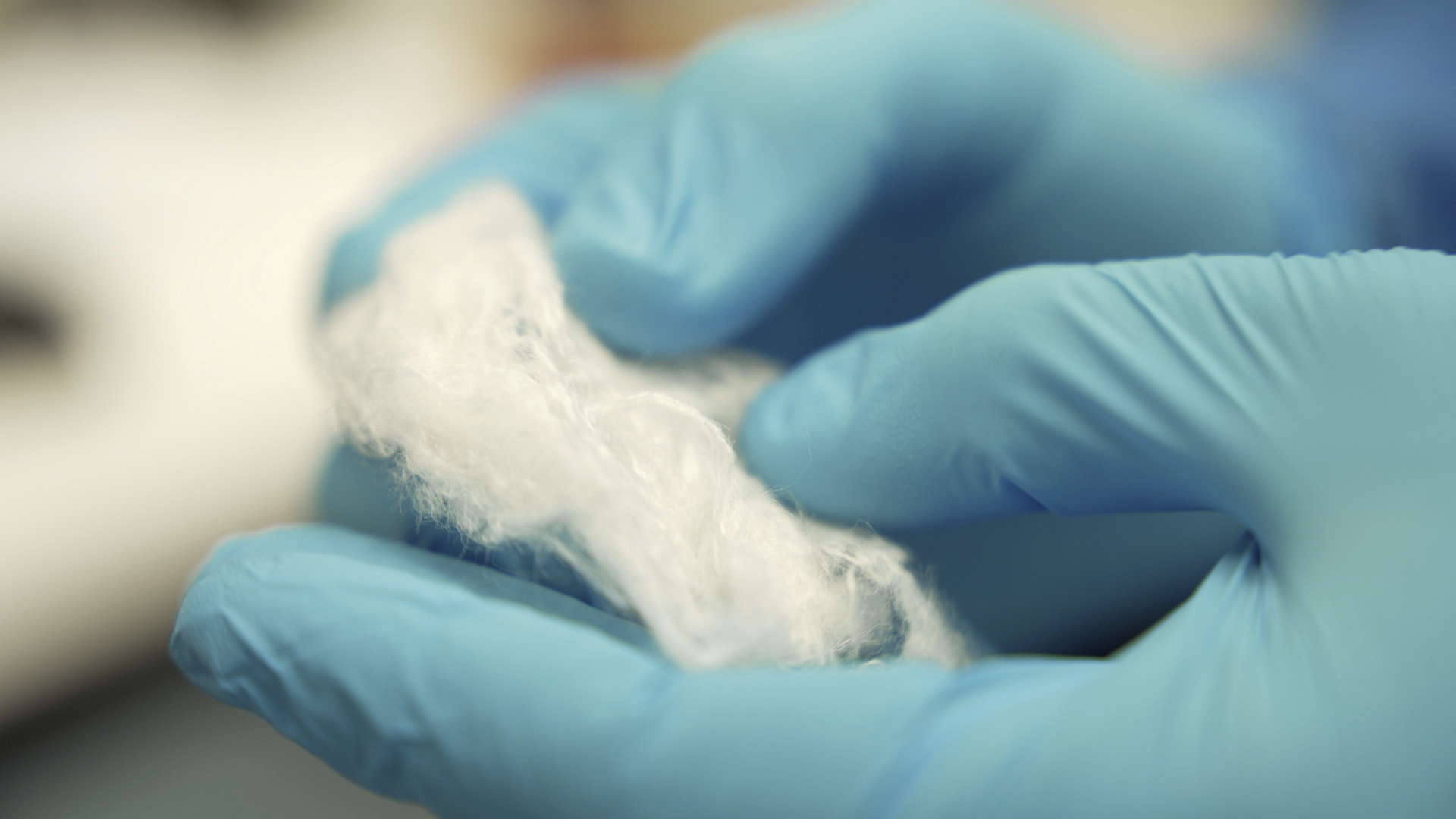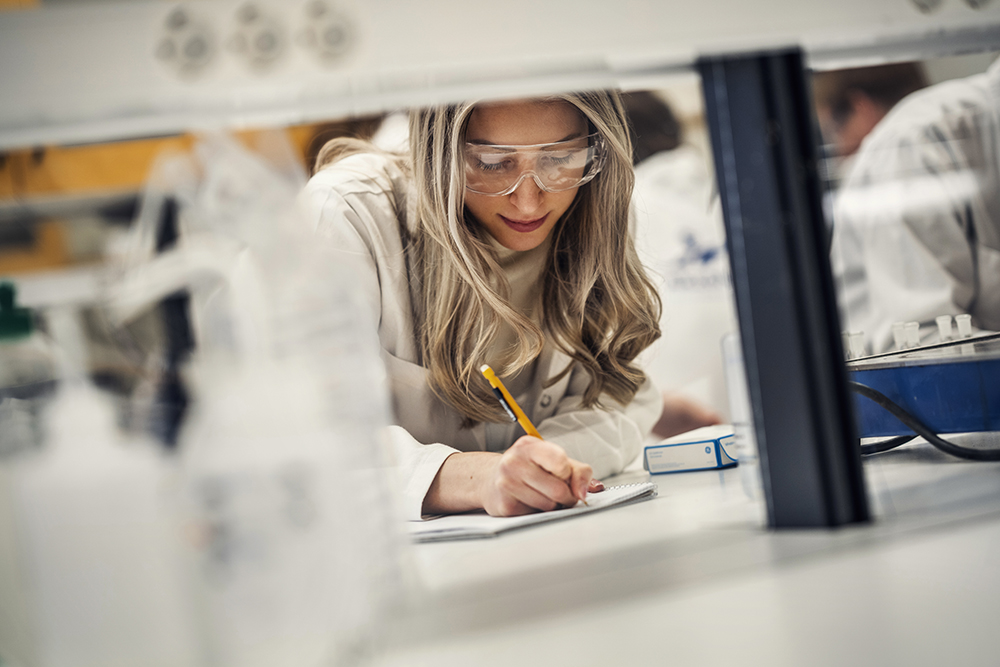
LTH Profile Area: Food and Bio
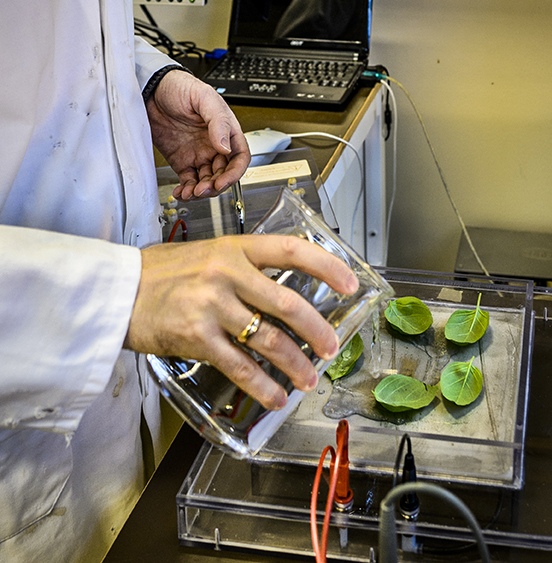
More about
- Projects
- Publications
- Activities
Links open in Lund University's Research Portal.
LTH Profile Area Food and Bio provides the knowledge and technology to engineer sustainable, healthy, accessible food and bio-based processes and products.
The area is working for a society with minimal environmental footprint and zero emission of greenhouse gases, resulting in a truly sustainable and circular society.
Food and Bio provides the cutting edge science and technology needed for tomorrow’s sustainable and bio-based products, and scalable processes, covering food, health, material, and transportation.
Focus areas
The four focus areas are intended to bring focus to the system perspective, the processes, the products and the molecular aspects and the tools for biotransformation.
- A strong transdisciplinary approach that considers primary production, food and biomaterial processing, transport, storage, packaging, distribution, and consumption as a complex system
- Combined environmental (life cycle), techno-economic and legal assessments, with the creation of business models and policy and innovation studies for a resource efficient and circular and biobased economy
- Understand the competition of use of crops both for food and other products and the need for resilient systems
- Resilient supply chains during periods of crisis (natural disasters, war etc.).
- Legislation and policies
- Technology to increase the value of waste/side streams, increase energy efficiency, reduce climate impact, and reduce water usage.
- A focus on unit operations, water resources, automation, digitalisation, risk management and quality systems
- Safety of new raw materials/side streams
- Areas of strength
- Fermentation and green (bio)catalysis & transformation
- Downstream processing
- Extrusion, drying, freezing and emulsification
- Controlling structure by processing
- Scalability
- Key infrastructure:
- pilot halls
The key bio-tools to convert biomass to highly sustainable products are:
- Enzyme technology
- Understanding of enzymes, involving analysis of structure/function relationships
- Engineering of enzymes to obtain improved catalysts.
- Optimizing enzyme catalysed reactions using computer aided design
- Microbiology
- Synthetic biology tools are used to metabolically engineer industrial production microorganisms
- Systems metabolic engineering, which concerns development and use of tools to generate and interpret massive amounts of data using in-silico modelling
- Development of precision fermentation processes
Key infrastructure:
- LTH-BIOFOUNDRY
Tomorrow’s foods need to be designed to be highly nutritious, preferred by consumers, and have small ecological footprints.
Tomorrow’s consumer products from pharmaceuticals to paint need to be formulated using sustainable raw materials and still have the desired consumer profile.
The science needed is based on:
- understanding consumer preferences
- understanding how to create the right structures of the products to create desired functionality and stability
- understanding how the product affects health and environment
- Food safety for new products
Key infrastructures:
- In vitro models for digestion and toxicology
- The human trial facility at LTH
- The area is strongly linked to the large-scale infrastructure
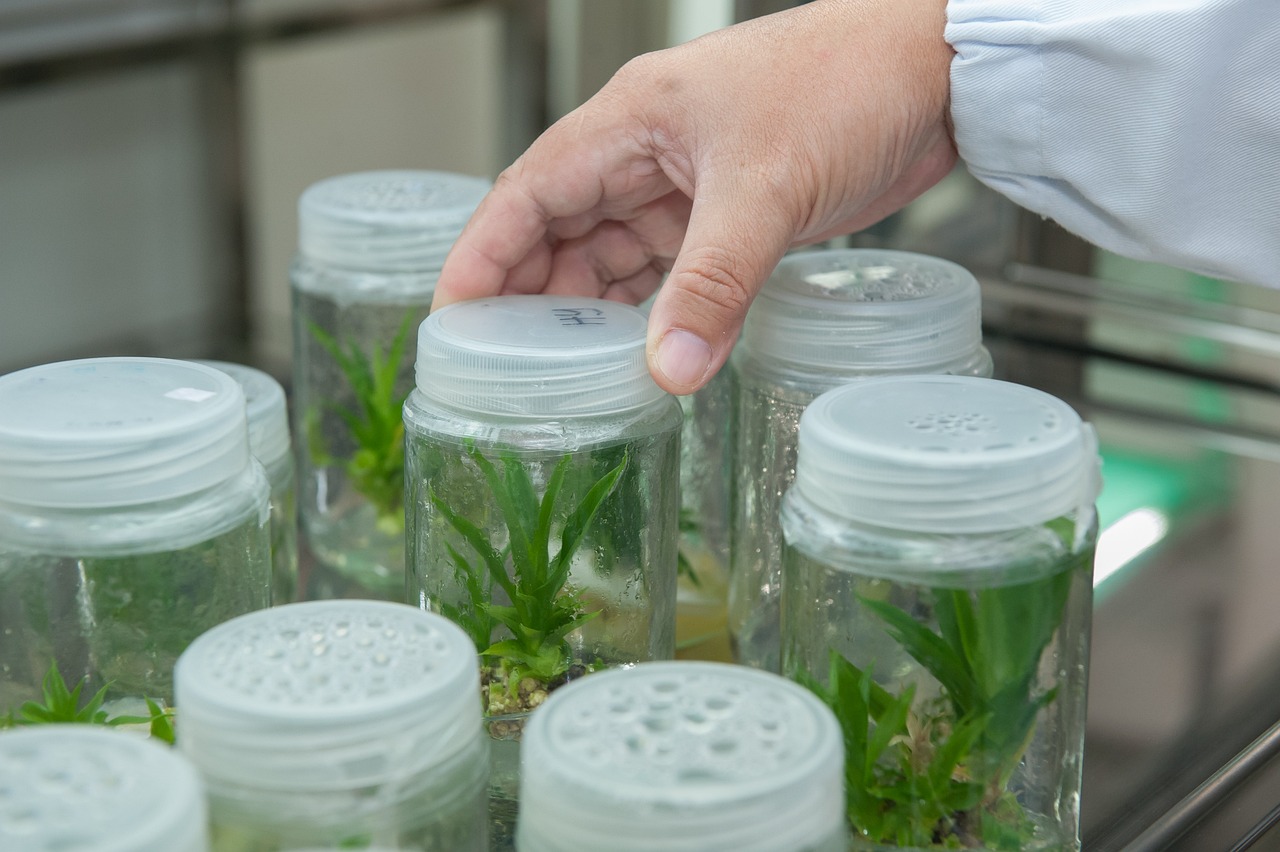
LTH Profile Area Food and Bio provides the knowledge and technology to engineer sustainable, healthy, accessible food and bio-based processes and products.
The area is working for a society with minimal environmental footprint and zero emission of greenhouse gases, resulting in a truly sustainable and circular society.
Food and Bio provides the cutting edge science and technology needed for tomorrow’s sustainable and bio-based products, and scalable processes, covering food, health, material, and transportation.
Focus areas
The four focus areas are intended to bring focus to the system perspective, the processes, the products and the molecular aspects and the tools for biotransformation.
- A strong transdisciplinary approach that considers primary production, food and biomaterial processing, transport, storage, packaging, distribution, and consumption as a complex system
- Combined environmental (life cycle), techno-economic and legal assessments, with the creation of business models and policy and innovation studies for a resource efficient and circular and biobased economy
- Understand the competition of use of crops both for food and other products and the need for resilient systems
- Resilient supply chains during periods of crisis (natural disasters, war etc.).
- Legislation and policies
- Technology to increase the value of waste/side streams, increase energy efficiency, reduce climate impact, and reduce water usage.
- A focus on unit operations, water resources, automation, digitalisation, risk management and quality systems
- Safety of new raw materials/side streams
- Areas of strength
- Fermentation and green (bio)catalysis & transformation
- Downstream processing
- Extrusion, drying, freezing and emulsification
- Controlling structure by processing
- Scalability
- Key infrastructure:
- pilot halls
The key bio-tools to convert biomass to highly sustainable products are:
- Enzyme technology
- Understanding of enzymes, involving analysis of structure/function relationships
- Engineering of enzymes to obtain improved catalysts.
- Optimizing enzyme catalysed reactions using computer aided design
- Microbiology
- Synthetic biology tools are used to metabolically engineer industrial production microorganisms
- Systems metabolic engineering, which concerns development and use of tools to generate and interpret massive amounts of data using in-silico modelling
- Development of precision fermentation processes
Key infrastructure:
- LTH-BIOFOUNDRY
Tomorrow’s foods need to be designed to be highly nutritious, preferred by consumers, and have small ecological footprints.
Tomorrow’s consumer products from pharmaceuticals to paint need to be formulated using sustainable raw materials and still have the desired consumer profile.
The science needed is based on:
- understanding consumer preferences
- understanding how to create the right structures of the products to create desired functionality and stability
- understanding how the product affects health and environment
- Food safety for new products
Key infrastructures:
- In vitro models for digestion and toxicology
- The human trial facility at LTH
- The area is strongly linked to the large-scale infrastructure

More about
- Projects
- Publications
- Activities
Links open in Lund University's Research Portal.

